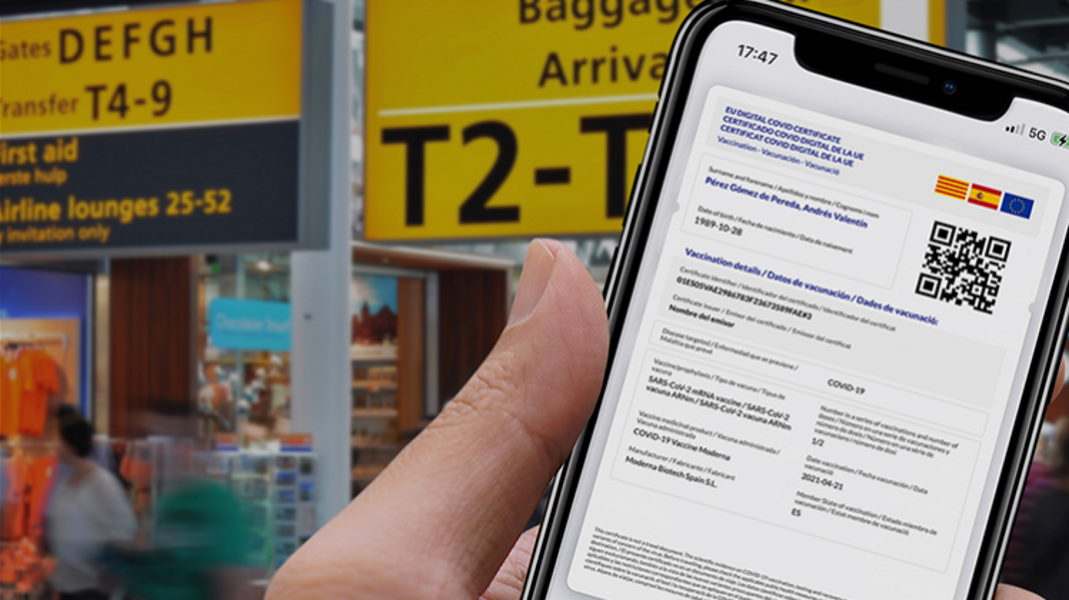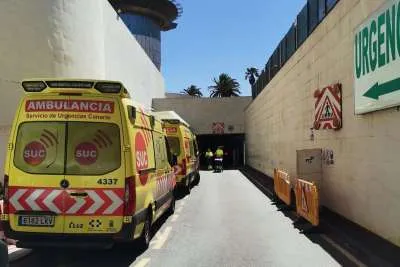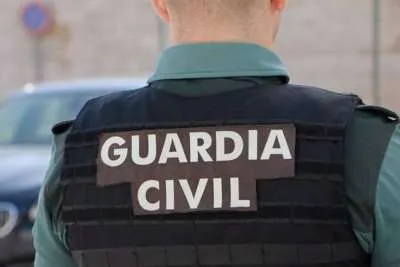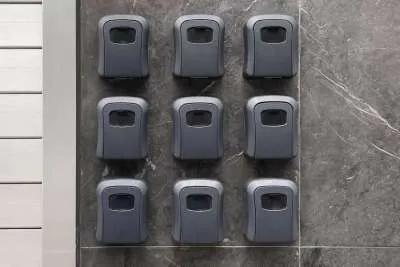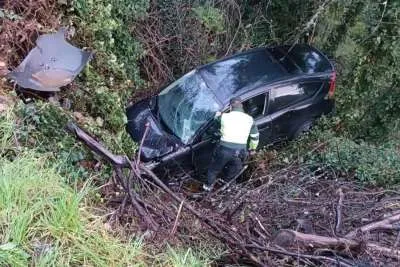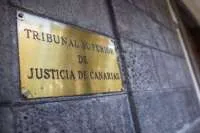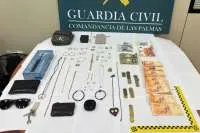EU rule that the Covid Certificate for travel will expire after 270 days
- 22-12-2021
- National
- Canarian Weekly
The European Commission has imposed an expiration date on the Covid Certificate of 270 days from the day you receive your last vaccination, a period that no Member State may extend or shorten. This will allow people to travel throughout the EU, but those who have not received a booster dose will not be able to use it when the term expires. In fact, the mobile app that is used to verify will automatically detect that it has expired.
In order to allow sufficient time for the technical adaptation of the systems, and to encourage booster vaccination campaigns in EU countries, the new measure will not come into effect until 1st February 2022.
'What we need now is to ensure that booster campaigns move forward as quickly as possible, that as many citizens are protected with an extra dose, and that our certificates remain a key tool for travel and public health protection”, said the EU health commissioner, Stella Kyriakides, yesterday (Tuesday).
Brussels argues that these new rules should ensure that restrictions are based on objective criteria and scientific evidence. Although the reality is that they are launched at a time when several countries (Italy, Greece, Ireland, and Portugal) have already imposed additional restrictions such as negative PCR test result even when vaccinated, which undermine the legitimacy of the certificate itself.
Be that as it may, the Covid Certificate has been defended as "an EU success story" as 807 million certificates have been issued since its use was approved on June 14th, and it is being used internationally with 60 countries from all five continents adopting it.
How is the 270 days validity established?
When establishing the validity of the certificate, two things must be taken into account. The first is that the European Centre for Disease Prevention and Control (ECDC) recommends booster doses no later than six months after the end of the first cycle of inoculation.
The second takes into account the different pace of vaccination campaigns in the EU. So it would be a grace period: "three additional months to ensure that those campaigns can be adjusted and citizens have access to the extra dose."
With this change will also come a new coding on the certificate itself that will distinguish between those issued in the first phase, and those obtained after the booster vaccination. For the latter, health systems will have to state in the section 'Number in a series of vaccinations and number of doses', the digits 3/3 when the booster jab after the double initial dose has been received.
However, the combination 2/1 must appear if the Janssen 'single dose' was received, or in the case that a person who has overcome the disease and has only just received their first dose from a two-dose vaccine (so far it is enough that the certificate proves having passed the coronavirus, without additional vaccine).
Other articles that may interest you...
Trending
Most Read Articles
Featured Videos
TributoFest: Michael Buble promo 14.02.2026
- 30-01-2026
TEAs 2025 Highlights
- 17-11-2025


